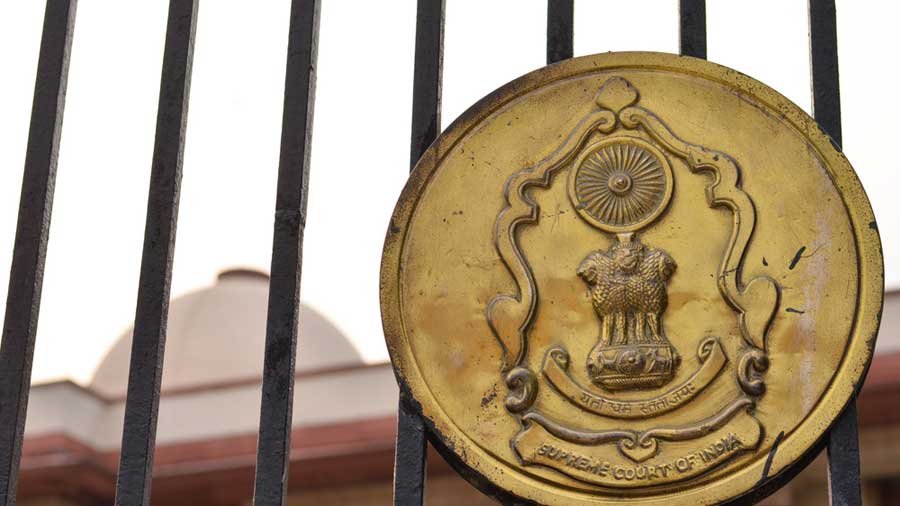An examination with equal opportunities for all is not enough to erase inequalities. The recent Supreme Court judgment upholding reservation for other backward classes in the all-India quota for the National Eligibility cum Entrance Test for admission into medical courses reportedly underlined that examination performance could indicate current competencies but not the calibre of a candidate. This distinction was the first step in the court’s discussion of the difference between formal and substantive equality. Even though examinations were a useful method of distributing educational resources, the difficulties of accessing education faced by underprivileged groups prevented candidates from these sections from performing well. What examinations offered was formal equality only, whereas the aim of reservations was substantive equality. This was also what the Constitution envisioned, according to the judgment, for, seen from this point of view, Articles 15(4) and 15(5) — referring to quotas for OBCs and reservations in educational institutions respectively — did not run contrary to Article 15(1), which forbade discrimination on the basis of sex, caste, religion and so on.
From this understanding it seems that reservations help in erasing the discrimination implicit — and therefore invisible — in systems of selection. Examinations reward merit, which is not an individual achievement, in spite of the hard work that goes into good performance. Certain classes enjoy not just better schooling, access to study material, training and space, but also inherited cultural capital through their family environments and community links that allow for shared information. All this adds up to the merit displayed in an examination, the results of which, thus, deepen inequalities. Such formal equality is not enough. Candidates from identified groups that are less privileged have to work much harder to compete in an examination apparently offering equal opportunity. Their calibre cannot be assessed by examinations alone; their resilience and determination to rise above deprivation are part of their potential. This opportunity can only be provided by reservations, which open up the route to substantive equality. Although the apex court’s explanatory distinction between formal and substantive equality was made in the context of quotas, the concept is keenly relevant to the understanding of equality. Democracy would be far better served if, instead of aiming at a superficial approximation to equality, political strategies and State policies aimed at substantive equality as the only good.











